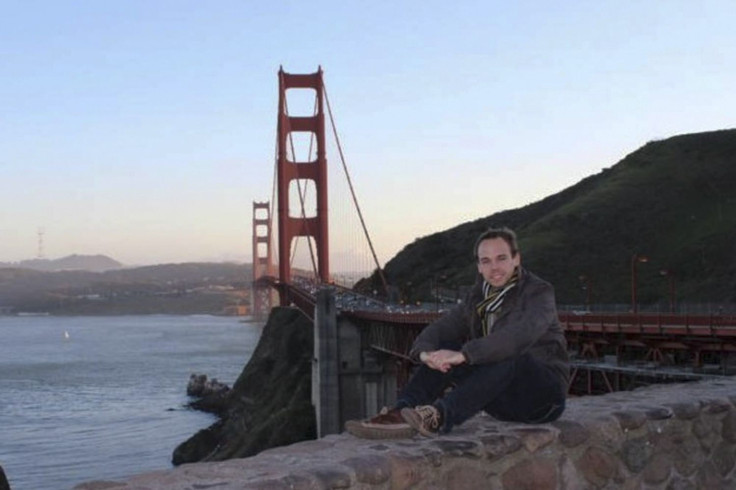Commercial Airline Pilots May Face Stricter Psych Evaluations In Wake of Germanwings Flight 9525

The conclusion of French prosecutors that Germanwings first officer Andreas Lubitz -- who reportedly took a six-month break from flight training in 2009 due to depression -- deliberately crashed Flight 9525 on Tuesday has raised concerns, once again, about whether commercial pilots are properly screened for psychological factors that may impede their ability to fly safely. While the incident has not been ruled a suicide, pending investigation, the air transport industry is sure to look for ways to better screen pilots for possible psychological problems.
“There aren’t a lot of psychological screenings for pilots at this time,” said Dave Powell, dean of the College of Aviation at Western Michigan University and a retired captain at United Airlines. “But I guarantee there are serious discussions about the issue happening right now at both regulatory agencies and at commercial airlines.”
At most U.S. and European carriers, there is some level of psychological evaluation during the time of hire, in addition to a complete physical examination, said Erin Bowen, chair of the behavioral and safety sciences department at Embry-Riddle Aeronautical University in Daytona Beach, Florida. But it’s not very stringent -- it is usually part of a background check that examines whether a pilot has ever been under the care of a mental health practitioner, for example.
Commercial pilots are required to have annual physical evaluations that examine everything from the health of their eyes to their hearts. But psych evaluations aren’t part of that check.
“You get checked out by an aviation medical expert. They’re doctors specially trained to be more intensive on eyes, ears, hearts, but they are not psychiatrists,” said Powell.
The Federal Aviation Administration offers aviation medical examiners guidelines for psychiatric conditions, but these conditions are not easy to detect in an annual physical that doesn’t really look for them, said Powell.
At a press conference Thursday, Carsten Spohr, the CEO of Germanwings parent Lufthansa, said all Lufthansa pilots, including those of its subsidiaries like Germanwings, undergo a battery of physical and psychological testing during training, which is when instructors get a sense of their psychological fitness. Those psychological evaluations do not continue once training is over.
Even if they did, Bowen is uncertain they would be able to detect an issue that could lead to catastrophe in the air. “Psych tests are not sophisticated enough to detect this type of pathology. And even in cases where pilot suicide was determined as the cause, like EgyptAir 990, the question whether it was deliberate is still debated. There's no smoking gun,” said Bowen. “Even if we mandated an annual psych evaluation, so much changes day to day. Some mental illnesses can have sudden onset. There’s no way to successfully predict this level of extreme behavior.”
Instead, it is usually up to pilots to police themselves -- a policy that has its own obvious problems.
“The process for capturing pilots with psychological problems is really through self-reporting,” said Scott Shappell, professor of the human factors department at Embry-Riddle. “During training, your instructors are constantly evaluating your ability to deal with emergencies -- there’s a constant vetting process to see if you have the mentality to fly a plane. But beyond that, during your annual physical, you’re only asked about changes in your life.”
And pilots are often reluctant to report problems because doing so can affect their ability to make a living, said Shappell. Until recently, even common antidepressants like fluoxetine (the generic drug known by the brand name Prozac) were not approved for use among commercial pilots in the U.S.
Shappell, who spent part of his 20 years in the U.S. Navy as an aerospace experimental psychologist and the human factors branch chief at the U.S. Naval Safety Center, says commercial aviation should adopt a system similar to the one he helped develop in the Navy.
“We had Human Factors Councils in which senior leadership in each squadron would evaluate every pilot, discuss any human factors issues that might impinge their performance,” he said. The system provided a nonpunitive method of identifying potential issues that might affect performance. “We need a screening process like that in commercial aviation that would give pilots the time they need -- without it being punitive -- to get necessary help.”
© Copyright IBTimes 2024. All rights reserved.





















